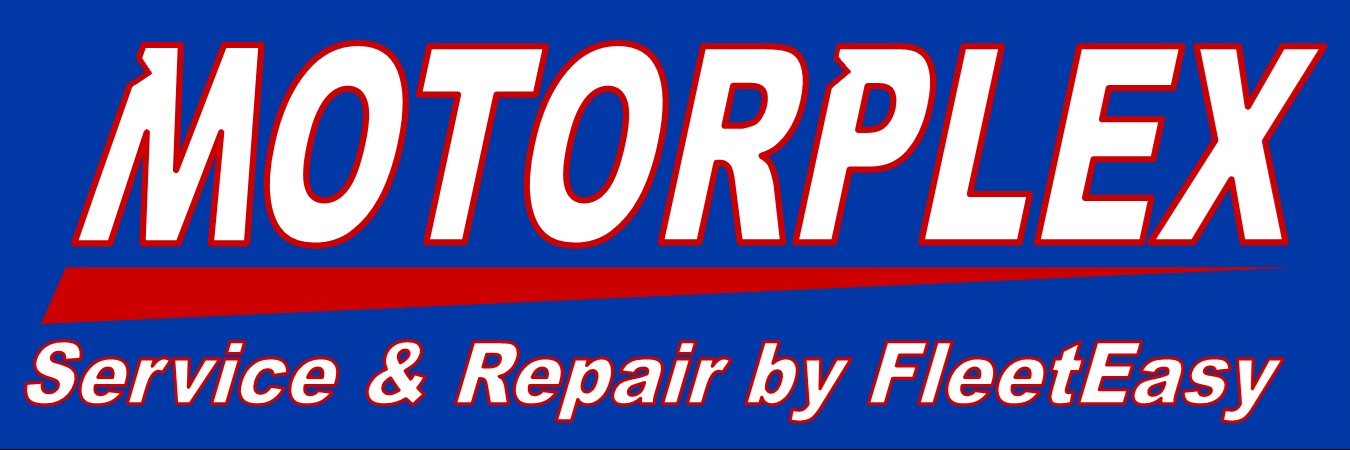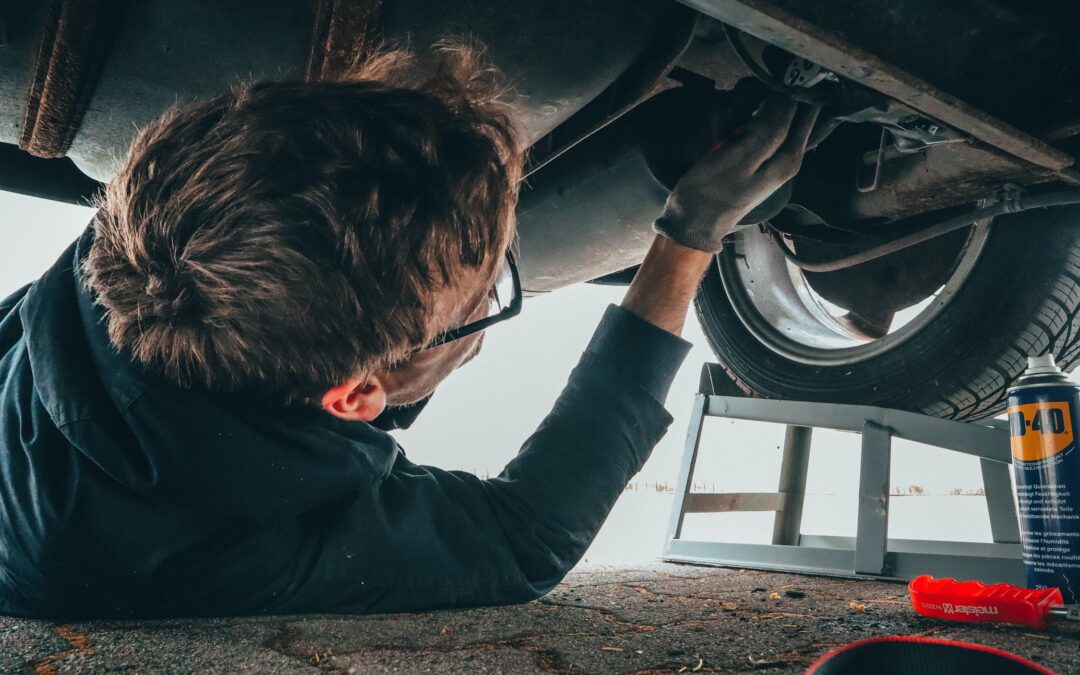Corrosion in any vehicle is a problem, but it’s both problematic and extremely costly in a fleet. As an inevitable risk for any vehicles on the road, it can also be hard to stay corrosion-free all the time. Fleet inspections and preventative maintenance can help stop the damage caused by corrosion. But before you can protect your fleet, it’s essential to understand the causes.
The Causes of Corrosion
The number one cause of corrosion is moisture. Anything from rain, snow, cold weather, or water can lead to corrosion. As metals react with the air’s oxygen and moisture, they oxidize the metal, break it down, and damage the surface. Rock salt will also quicken the process and lead to even more damage.
Once corrosion sets in, it can lead to more severe problems than just external damage. As the metal weakens, it exposes sensitive areas on the vehicle. In extreme cases, there’s nothing stopping corrosion from spreading to interior parts. Things like the brake and fuel lines or batteries can just as quickly become damaged. Corrosion is also irreversible, so once it takes hold, the damaged areas will need to be replaced.
Detailed Fleet Inspections
The best way to catch and stop corrosion early is to be familiar with your fleet vehicles. Similar to pre-and post-trip fleet inspections, checking for signs of corrosion will catch the problem early on.
Take steps to slow the spread of any damage or handle early repairs. On fleet vehicles, there are certain “hot zones” that are more likely to develop corrosion. These zones include the underside of the vehicle and any parts there that are exposed to the road. Moisture and salt can easily spray up from the tires and coat these areas. The risk is that corrosion then sets into the wheel components and risks brake and tire failure. With a detailed inspection of these areas and preventative maintenance, you can catch minor corrosion before it becomes a big issue.
Winterize Fleet Vehicles
Winter is a prime time for corrosion problems, especially given the snowy conditions, cold weather, and salt. Along with general winter preparation, applying a rust inhibitor will help stop corrosion from even setting in. It’s also great for harder-to-reach areas that are prime locations for salt or water to cause unknown damage. Inhibitor agents are critical on battery packs, wiring, or as a lubricant for the chassis. Applying protective coatings should also be done year-round, not just in winter. The cold season may be extra critical, but moisture is a year-round risk.
Regularly Clean
Protective seals and coatings will help with the bulk of the problem, but so will a clean vehicle. Regularly washing down fleet vehicles will help remove any excess salt still trapped in any small parts. Cleaning should be part of your preventative maintenance regime. If you use soap in the mix, make sure to thoroughly wash it off to avoid corrosion setting in from the solutions. Professional cleaning can also help offer a more detailed and thorough wash of any easily missed areas.
For professional fleet maintenance? Then Motorplex is here to help. Contact us now to book an appointment in Auburn, WA or Spokane, WA!

